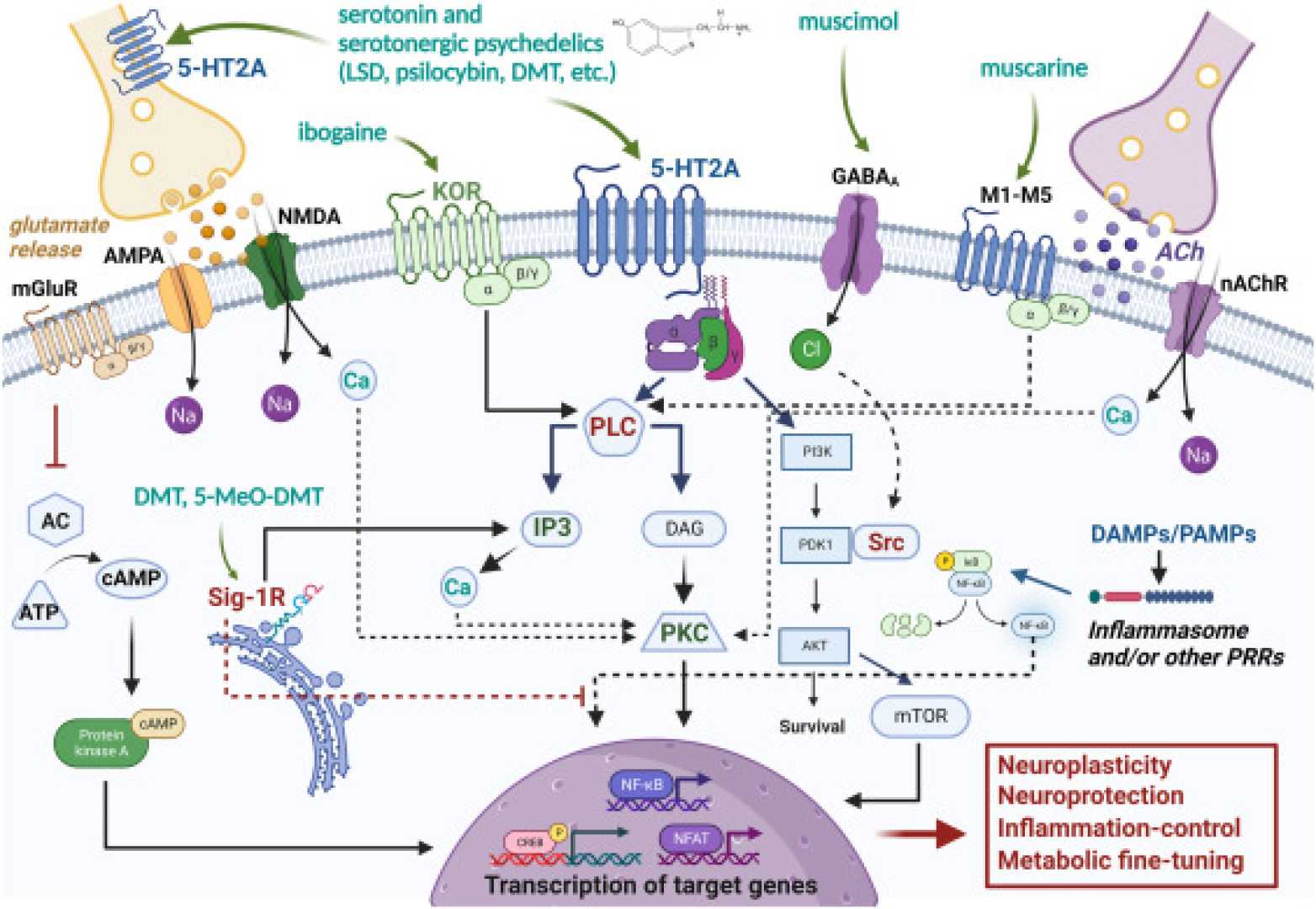Health
Ambio Launches Clinical Program for Ibogaine Treatment of Neurodegenerative Diseases

Vancouver, British Columbia — Ambio Life Sciences has launched a groundbreaking clinical program to explore ibogaine, a naturally occurring psychedelic, as a treatment for neurodegenerative conditions such as multiple sclerosis (MS). The program, which began a soft launch earlier this year, aims to provide therapeutic support in a medically supervised setting.
Now open to the public, Ambio’s program has already treated 30 patients in a dedicated facility. It’s designed for individuals with MS, stroke, traumatic brain injury, and other related conditions, intending to explore how ibogaine can support brain health.
“We’re creating a safe, structured environment for people with these conditions to explore ibogaine,” said Jonathan Dickinson, Ambio’s CEO and co-founder. “We could be on the cusp of uncovering how ibogaine may support brain healing in ways we don’t fully understand today.”
MS causes damage to the brain and spinal cord, leading to various symptoms like vision problems, poor coordination, and fatigue. While existing treatments can prevent further damage, they do not help patients regain lost functions.
Ibogaine, found in the root bark of the African iboga plant, is illegal in the U.S. and works by acting on brain receptors. It also promotes the production of molecules that aid nerve cell survival and connections.
“I’ve experienced the complexity of these conditions and the limitations of traditional treatments,” said Lyndsey Ryan, Ambio’s Chief Therapy Officer and a licensed therapist. “The relief some patients are reporting is motivating, including improvements in eyesight and mobility.”
In one recent study, ibogaine reduced lesion volume and eased MS symptoms in two patients. Following treatment, both showed signs of improved brain connectivity in scans.
Among the early program participants are country music artist Clay Walker and NFL Hall of Famer Brett Favre. Walker, diagnosed with MS in 1996, commented on ibogaine, saying it provided extraordinary relief from painful symptoms. Favre, diagnosed with Parkinson’s in January 2024, echoed similar sentiments, mentioning significant improvements in his energy levels since starting the treatment.
Ambio’s program focuses on a structured protocol with an optimized dosing schedule and weekly group therapy sessions to ensure comprehensive support. According to Ryan, participants contribute to valuable real-world data that may inform future research efforts.
Although the program does not claim to cure neurodegenerative diseases, it offers hope to patients seeking alternative treatment strategies for enhancing their quality of life. “Every participant is helping us learn what’s possible,” Ryan added.
Ambio is collaborating with Dalhousie University in Halifax, Canada, to investigate ibogaine’s effects on biomarkers of neuroinflammation and its potential role in neuroregeneration.












